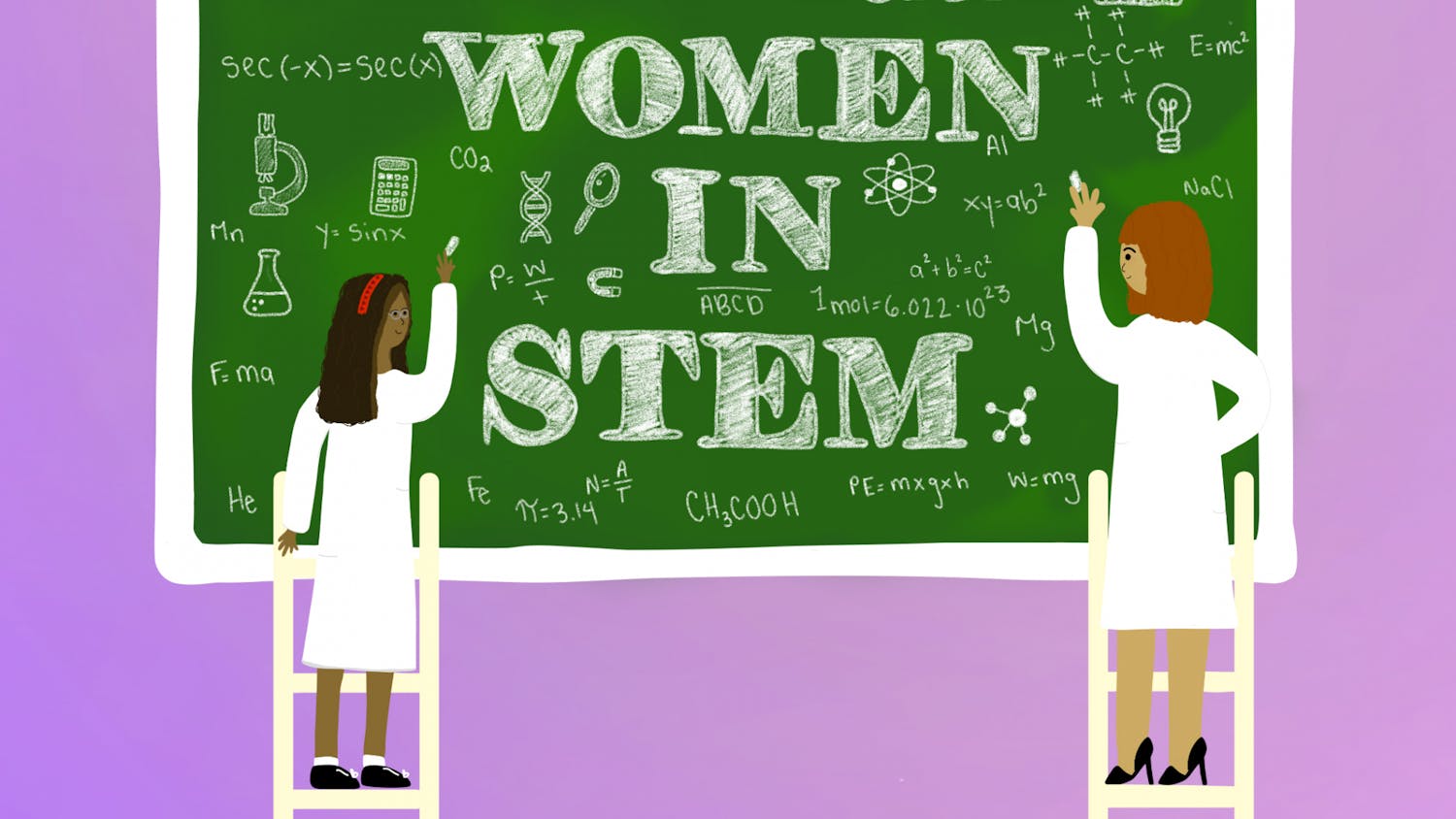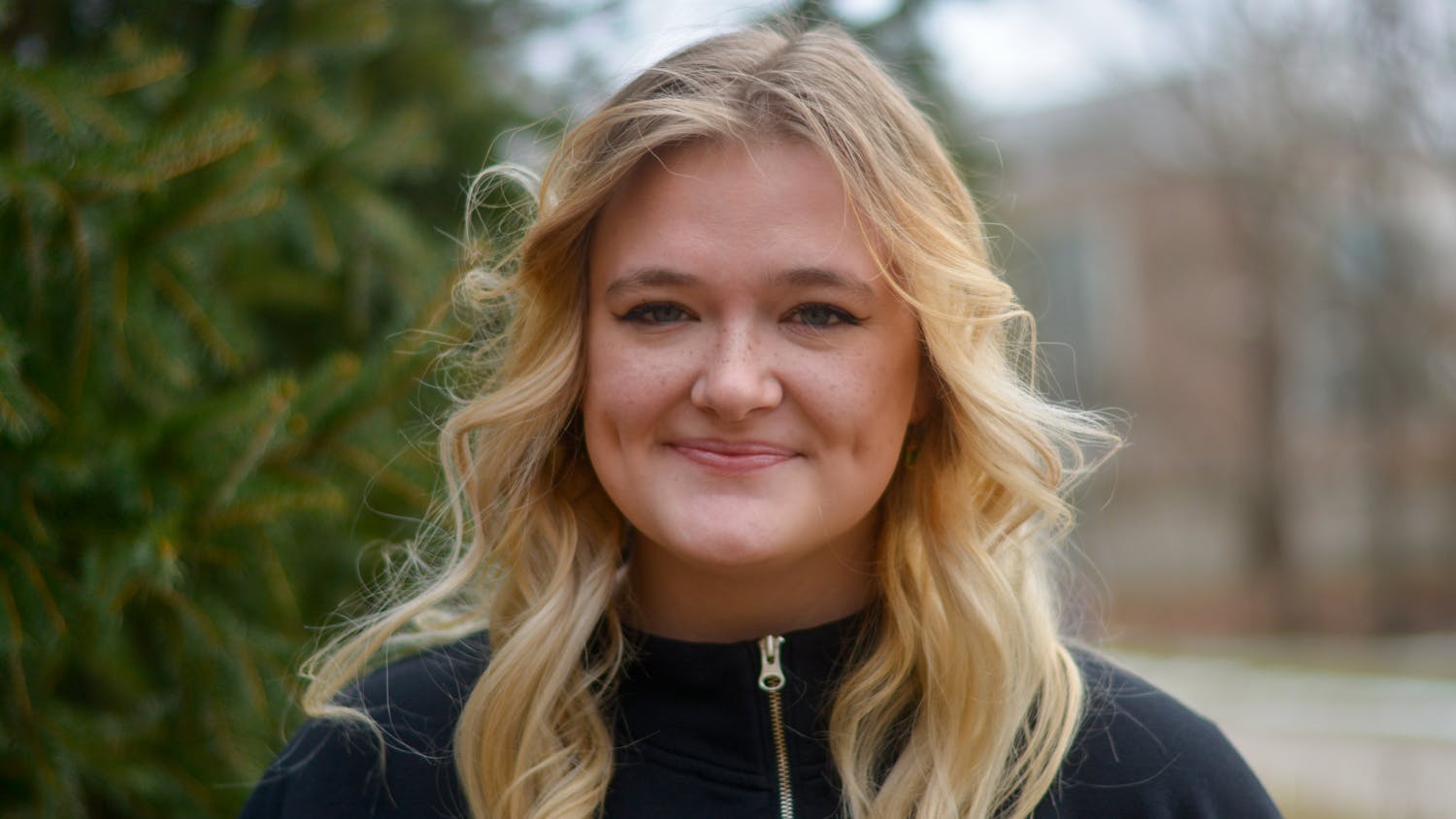Nurses are the underappreciated angels of the medical field. They provide one of the most important roles in healthcare, as they spend time providing education, comfort and around-the-clock care for patients all over the country. In return, they are often overworked and fulfill high expectations without gratitude or recognition.
When it comes to medical mistakes, nurses receive the brunt of the blame. The imbalance of patient care in the medical field leaves nurses spending more time with patients than doctors, so the probability harm will occur to patients during their watch is statistically higher. However, due to the hierarchy of workers in the medical field, mistakes actually become systemic.
Research shows physicians actually make the most of the medication errors in hospitals. As physicians are responsible for diagnosing and prescribing medication, nurses almost always have the responsibility of administering medication to patients. Due to this system, nurses receive the blame.
Physicians often have more legal protection against medical errors than nurses. Legal protection for nurses is a relatively new idea and before 1975, when they gained limited protections, nursing wasn’t considered worthy of the protections granted to other medical professionals.
Meanwhile, physicians often hold many different protections from cases of negligence or malpractice, even when they shouldn’t. The recent and popular TV show Dr. Death, tells the story of a real life neurosurgeon who maimed and killed patients for years because of laws that make it hard to sue or convict incompetent doctors. Christopher Duntsch serves as just one example of the extent of medical malpractice, which remains as the third leading cause of death in America.
In contrast, malpractice claims against nurses are increasing, with more than $90 million paid in nurses’ malpractice claims over a five-year period. Nurses have become an easier target than physicians, due to their lack of protections and direct patient care. In more recent events, these cases are beginning to shift from civil disputes to criminal.
RaDonda Vaught has become a current example of the injustice of legal protections for nurses. She is currently awaiting sentencing after being convicted of negligent homicide after a fatal drug mix up in 2017 which caused the death of her patient. This criminal trial has been watched closely by the nursing community out of fear they will set a precedent for criminalizing medical mistakes.
The nursing program at Ohio University is one of the most popular majors, with 35% of graduates from 2020 registered as nursing majors. During that year, Ohio University awarded 2,347 bachelor’s degrees in nursing. Ohio also ranks fifth in the U.S. for number of active nurses, as over 45 schools throughout the state offer BSN programs.
The lack of protections in the field of nursing can hold devastating consequences for Ohio nurses. The pressures nurses experience in the medical field are already causing many to leave the profession, resulting in hospitals being understaffed. With the added pressure of limited protections and severe consequences for medical errors, Ohio might experience worse staffing issues soon.
Instead of putting the blame on individual nurses, the blame should be instead shifted to the systemic problems that occur in the medical field. Advocates from the Union of Health Care Professionals point to culture, communication, process, language and breakdown of systems as the reason medical errors occur.
Medical errors have serious consequences and do deserve to be addressed and corrected. The hierarchical system in the medical field can lead to a collapse in communication between nurses and physicians, where most medical errors occur. Nurses are vital to the healthy operation of hospitals and should be treated as such.
The lack of legal protections for nurses and the shift of blame does not assist in patient advocacy or lead to changes in the systematic problems of the medical field. It is time for us to speak up for our hard working nurses so that they can continue to provide and advance our healthcare.
Katie Trott is a junior studying creative writing at Ohio University. Please note that the views and opinions of the columnists do not reflect those of The Post. What are your thoughts? Tell Katie by emailing her at kt008918@ohio.edu.
Opinion Columnist






